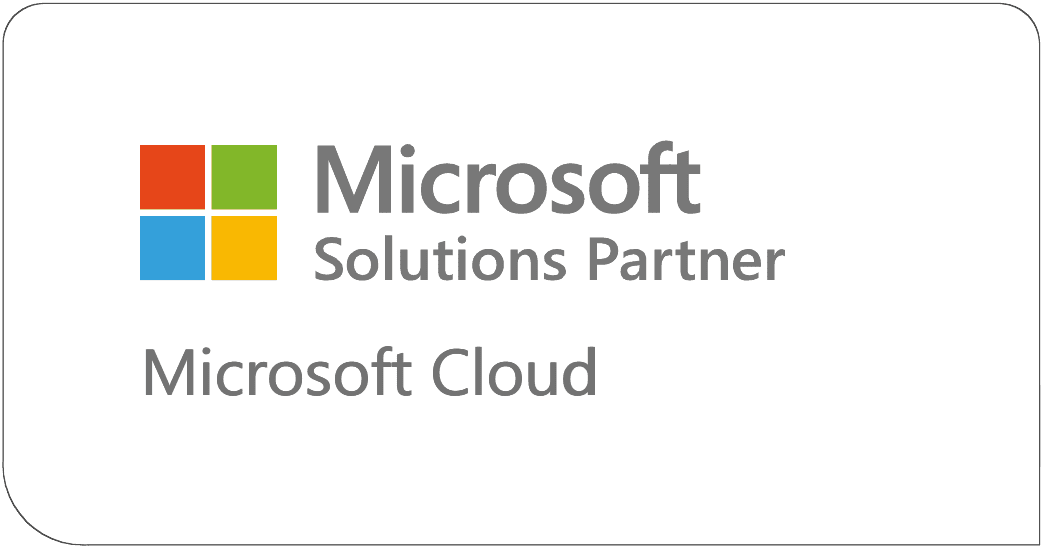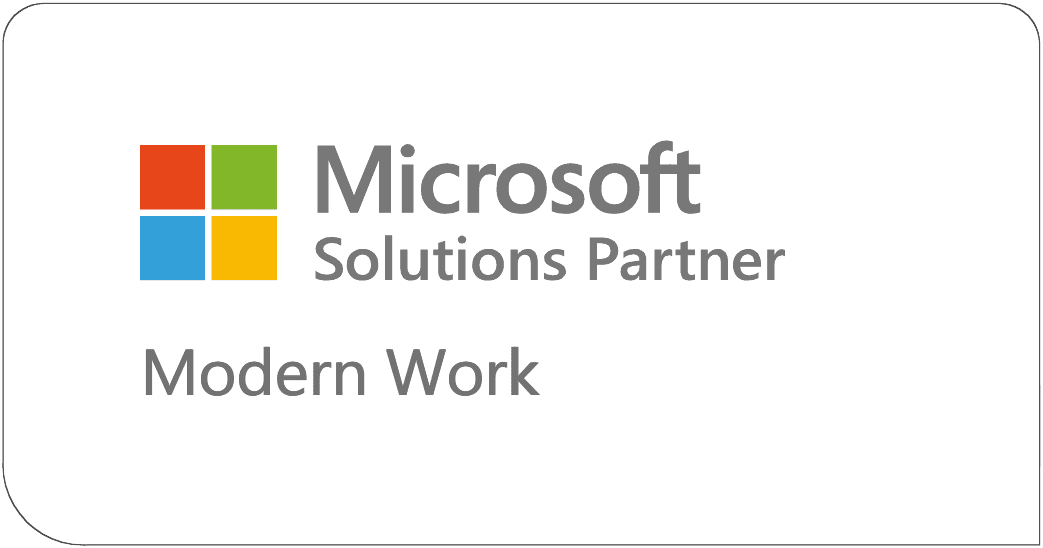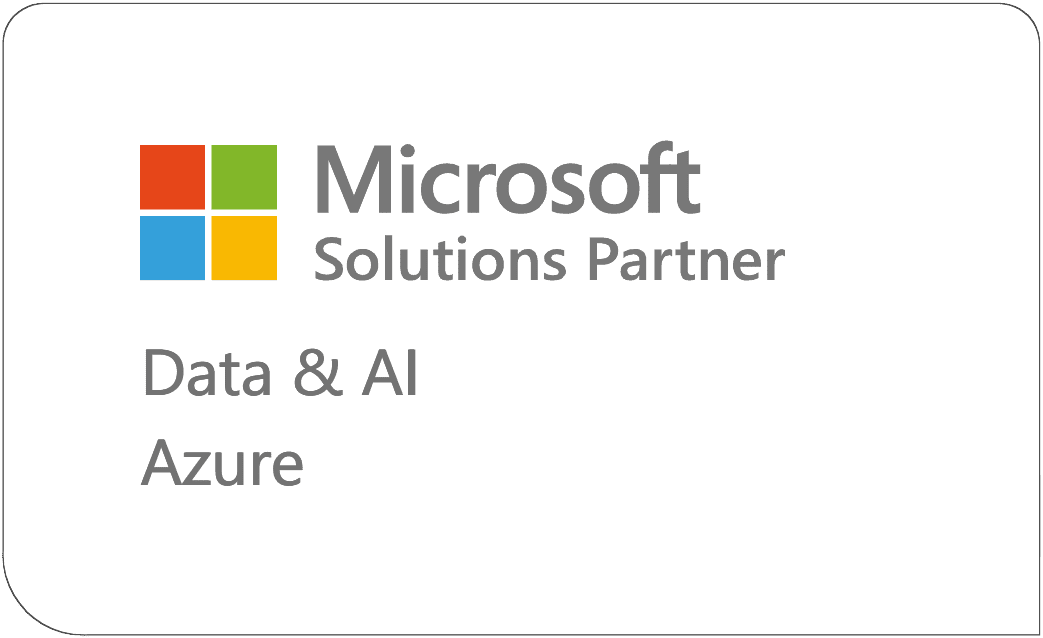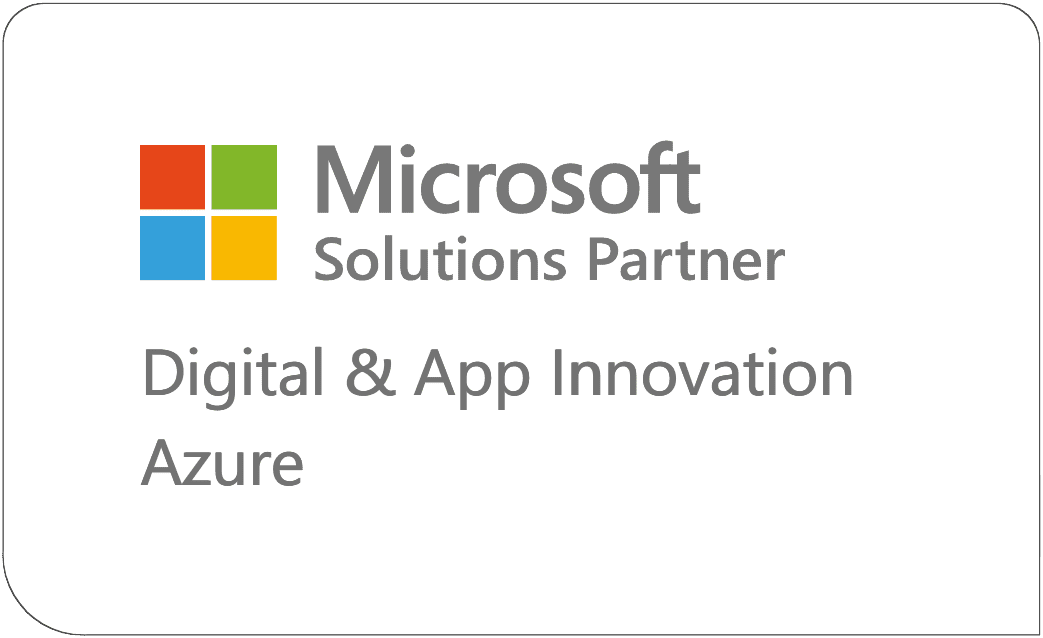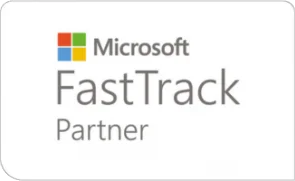Introduction:
While trying to implement end-to-end migration services, some organizations that require migration remediation services for migration to SharePoint Online or even SharePoint Server On-Prem run into issues. Some of the issues are missing content, pages that will not load, links that are broken, workflows that will not run, lists which do not work, conflicts with other LOB (line of business) systems, a mix of traditional and modern sites that confuse users, and much more. IT and business leaders need assistance in solving these challenges as these issues cost the business time, effort, and money, apply strain on IT, and reduce the users’ trust in the new system.
Though it seems like a grim scenario, the good news is these issues are avoidable in most cases.
We listed some of the most common SharePoint Online migration mistakes we have seen and ways to avoid them:
No appropriate plan
Factors that decide whether your migration will be simple or filled with challenges are-
- The amount of content
- How the content is structured
- Customizations that exist in the current environment
An oversight that usually happens is underestimating the effort required to ensure a successful migration. You can run SharePoint Migration Assessment Tool (SMAT), a free tool from Microsoft, on your current SharePoint Server environment to see vital information about your content and site. This includes items that must be addressed during the migration project, to work in SharePoint Online such as-
- Large list
- SharePoint designer workflows
- Custom branding
- InfoPath forms
- Interdependencies
- Custom code
- Add-ons
These are usually the solutions that assist important business processes and activities which must be ready to use once you cut over. You will also most likely stumble upon many unused sites and solutions that can be left behind. Other things that can be addressed are:
- Any integrations to LOB solutions (ERP, CRM, reporting solutions, etc.)
- Licensing, storage, and support desktop software
- Clean-up of empty lists and libraries, complicated permissions, orphaned users
- Project budget, timeline, and resources involved
Hesitancy to involve Business
A common mistake is to treat a SharePoint Online migration as an IT-only project and neglect the necessity for the business team’s involvement. Though IT governs the platform, it is the entire Business that owns the content. Key stakeholders from every department must be included in all stages of the migration project- from planning workshops in which their content, structure, and business processes are analysed, providing inputs on the new SharePoint structure, to testing, training, and finally go-live. Involving key stakeholders from Business throughout the project will reduce complications, issues, and more importantly, failure to adopt.
Lack of a robust communications plan
Once the decision to migrate your SharePoint environment is made, users must be notified that the content is going from one location to another, and that challenges may occur during the transition. The users may not fully comprehend all the implications of migrating their content, and that it may be unavailable at times, and even that the migration may not go flawlessly or even smoothly. That is precisely why it is important to have an effective communication plan ready before conducting a migration.
The main objective of a communication plan is to let the SharePoint users know about the upcoming change. Regularly communicating and providing basic templates to keep your user groups informed and involved, and enthusiastic about the change goes a long way in ensuring the success of the migration project.
Scope for little to no modernization
Sometimes when there is a mix of traditional and modern sites and features, the processes involved in the migration can seem confusing and even frustrating to users. However, with an appropriate budget and timeline, you can leverage the migration project to achieve the following-
- Enable seamless collaboration and sharing
- Establish a robust governance strategy
- Provide a foundational solution that helps you take complete advantage of your Microsoft 365 investment
- Simplify permissions and security
- Use Power Platform to re-engineer and modernize forms and workflows
- Consider Microsoft Teams as your interface for some SharePoint sites
- Restructure using hub sites to allow for flexibility and change
- Bring a contemporary look and feel
- Reorganize lists and libraries that are too large and/or contain too many columns
- Prioritize user adoption and training
- Clean up redundant, unused, and outdated data
Conclusion
It is necessary to approach your SharePoint Online migration with the highest level of scrutiny, analysis, and planning to avoid these common migration mistakes and make sure the project is successful. The best way to ensure a smooth and trouble-free migration is to entrust the project to a migration services partner who has the expertise to implement it end-to-end with little to no glitches.
We hope you found this blog useful in understanding the mistakes that can happen during a SharePoint Online Migration and ways to avoid them. Please reach out to us so that we can put our decades of experience and expertise in SharePoint services and Microsoft technologies to help you in your organization’s Digital Transformation journey.

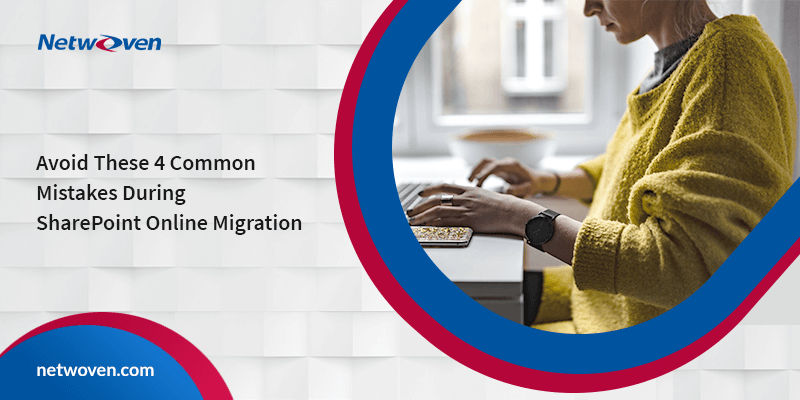


![[With Solutions] 7 Key Challenges for Google Drive to SharePoint Migration](https://netwoven.com/wp-content/uploads/2024/05/gdrive.png)

